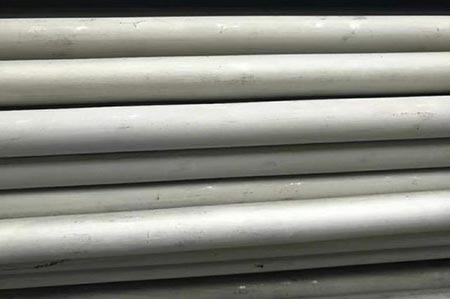What is the rating of Schedule 10 pipe?
Pipe schedules indicate the wall thickness of the pipe. The higher the schedule number, the thicker the wall. Schedule 10 is one of the lightest schedules, providing a thinner wall thickness compared to higher schedules like Schedule 40 or Schedule 80. However, don't let the "lightweight" tag fool you—Schedule 10 pipes offer a solid balance of durability and flexibility.
Rating and Applications
The rating of a Schedule 10 stainless steel pipe primarily refers to its pressure rating, which determines the maximum pressure the pipe can handle without failure. This rating can vary depending on the pipe's size, temperature, and the specific stainless steel alloy used, such as 304 or 316.
Key Factors Affecting Rating:
Pipe Size: Smaller diameter pipes typically have higher pressure ratings compared to larger diameter pipes of the same schedule.
Temperature: As the operating temperature increases, the pressure rating of the pipe decreases. It's crucial to consider the temperature conditions of your application.
Stainless Steel Grade: Different grades of stainless steel offer varying levels of corrosion resistance, which can also impact the overall performance and longevity of the pipe.
For a general idea, a 1-inch Schedule 10 stainless steel pipe made from 304-grade steel can have a pressure rating of approximately 1880 PSI at room temperature. However, this rating will decrease if the operating conditions involve elevated temperatures or more corrosive environments.
Benefits of Schedule 10 Stainless Steel Pipes
Why opt for Schedule 10 pipes? Here are a few compelling reasons:
Cost-Effective: Thinner walls mean less material, which can translate to cost savings, especially in large-scale projects.
Ease of Installation: Lightweight and easier to handle, these pipes can reduce installation time and labor costs.
Corrosion Resistance: Stainless steel offers excellent resistance to corrosion, making it ideal for environments exposed to moisture, chemicals, or other corrosive substances.
Versatility: Schedule 10 pipes are used in various applications, including food processing, chemical transport, and even decorative elements like handrails.








